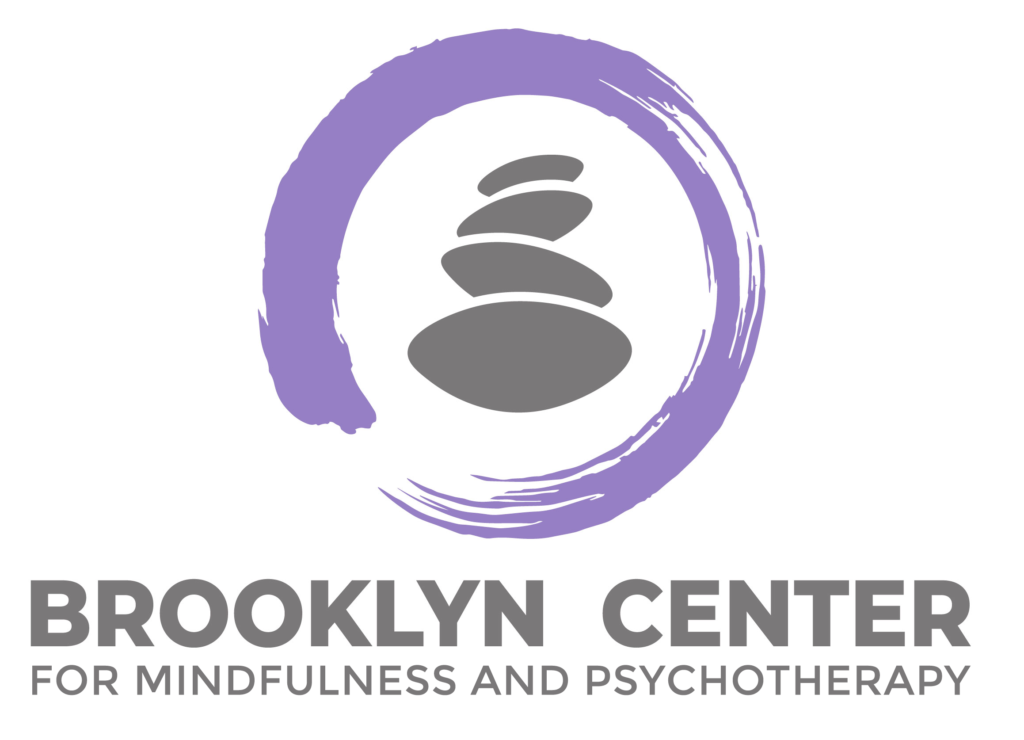Grief and Loss are universal experiences that touch our lives profoundly, and navigating the healing process can be incredibly challenging. In the bustling city of New York, where the pace of life is fast and demanding, finding solace and support amidst grief can feel overwhelming. In this blog, we will explore various coping strategies, resources, and compassionate communities available in New York, helping individuals and families find their way through grief, honor their loved ones, and ultimately heal in their unique journeys.
Coping With Grief and Loss
Coping with grief and Loss in New York can be a challenging experience, but many resources are available to help individuals through the process. Support groups, counseling services, and therapy sessions provide a safe space for individuals to express their emotions and work through their grief. New York City also offers various programs and services to support those who have experienced Loss, including bereavement camps for children and young adults and grief counseling hotlines available 24/7.
It is essential for individuals coping with grief and Loss to remember that they are not alone. Seeking support from friends, family, or professionals can make all the difference in healing. With time and help, finding peace and acceptance can be possible after experiencing a significant loss.
What is Grief and Loss?
Grief and Loss is a complex and emotional experience many people face at some point. The death of a loved one can cause it, the end of a relationship, or other significant life changes. In New York, many resources are available to individuals dealing with grief and Loss, including support groups, counseling services, and specialized programs for children and teenagers.
These resources can provide a safe and supportive environment for individuals to process their emotions and work through their grief. Those experiencing grief and Loss need to seek out these resources to receive the help they need during this challenging time.
Understanding the Process
Grief and Loss are universal experiences that can be difficult to navigate, particularly in a bustling city like New York. The grieving process can be complex and involve a range of emotions, including sadness, anger, guilt, and confusion. It is essential to understand that grief is a natural response to Loss and that there is no “right” way to grieve.
The grieving process typically involves several stages, including denial, anger, bargaining, depression, and acceptance. These stages are not linear and may occur in any order or repeat themselves multiple times. Additionally, everyone experiences grief differently and may require different forms of support or coping mechanisms. Seeking professional help or joining a support group can benefit those struggling with grief and Loss in New York. Remembering that the healing process takes time and being patient with oneself can also be helpful during this difficult time.
Types of Loss
Here are some common types of losses people may face:
Death of a Loved One: The Loss of a family member, close friend, or beloved pet can be one of the most significant and devastating losses. Coping with the death of a loved one involves navigating through the stages of grief and finding ways to adjust to life without the person who has passed away.

- Divorce or Separation: The end of a significant relationship, such as a marriage or long-term partnership, can bring a sense of profound Loss and grief. It involves grieving the Loss of companionship and shared dreams and the dissolution of the emotional bond.
- Job Loss or Unemployment: Losing a job can significantly impact a person’s sense of identity, financial stability, and overall well-being. It may lead to grief, especially if the position held a significant meaning or was closely tied to one’s self-worth.
- Loss of Health: Experiencing a severe illness, disability, or chronic health condition can result in losing physical abilities, independence, and overall well-being. Coping with these changes and grieving the Loss of one’s previous health status can be challenging.
- Loss of Home or Displacement: Natural disasters, eviction, foreclosure, or any circumstance that leads to losing one’s home can be deeply distressing. It involves grieving the Loss of a familiar environment, stability, and a sense of belonging.
- Miscarriage or Stillbirth: The Loss of a pregnancy, whether an early miscarriage or a late-term stillbirth, can cause immense grief. The individual or couple may mourn the Loss of their unborn child and grapple with the unfulfilled hopes and dreams associated with parenthood.
- Loss of a Friendship: The end of a close friendship or the betrayal of a trusted friend can result in feelings of grief and Loss. It involves mourning the Loss of companionship, trust, and shared experiences.
It’s important to remember that grief is a highly individualized experience, and people may respond differently to various types of Loss. Additionally, these losses can intertwine and compound each other, further impacting an individual’s grief journey. If you or someone you know is struggling with grief, it can be beneficial to seek support from professionals, such as therapists, counselors, or support groups, who can guide and assist during the grieving process.
Healing and Recovery
Healing and recovery from grief and Loss can be a complex process, but resources are available in New York to support those struggling. Grief counseling, therapy, and support groups can provide a safe space for individuals to process their emotions and connect with others who have experienced similar losses. In addition, many organizations and nonprofits in New York offer grief support services, including hospice care providers, religious institutions, and community centers. It’s essential for those experiencing grief and Loss to know that they don’t have to go through it alone and that help is available.

Self-Care Tips for Navigating the Healing Process
Navigating the healing process can be challenging, but it’s important to prioritize self-care along the way. Here are some tips tailored explicitly to navigating the healing process in New York:
- Seek support: New York offers a wealth of healing resources. Consider joining support groups or seeking therapy services catering to your needs. You can find therapists, counselors, and support groups through directories like Psychology Today or by asking for recommendations from trusted individuals.
- Explore nature and parks: Despite being a bustling city, New York has numerous parks and green spaces that can provide a peaceful retreat. Spending time in nature can be rejuvenating and help you find moments of tranquility amid the city’s energy. Visit places like Central Park, Prospect Park, or the High Line to connect with nature and take a break from the urban environment.
- Engage in mindful activities: Engaging in activities promoting mindfulness and relaxation can be beneficial during healing. Attend yoga or meditation classes, visit wellness centers, or try mindfulness apps offering guided meditations. New York City has a vibrant wellness community, so you can find various types and events that suit your interests.
- Prioritize self-reflection: Healing often involves introspection and self-reflection. Create a routine that allows you to dedicate time to self-care activities like journaling, practicing gratitude, or engaging in creative pursuits. Find quiet spaces in the city, such as libraries or cozy cafes, where you can reflect and process your thoughts.
- Incorporate exercise into your routine: Physical activity benefits your physical health and positively impacts your mental well-being. Explore the city’s fitness options by joining a gym, trying out different workout classes, or even taking advantage of outdoor activities like biking or jogging along the city’s bike lanes and parks.
- Connect with community organizations: New York is known for its diverse and vibrant communities. Seek community organizations, nonprofits, or support groups that align with your interests or experiences. Engaging with others who share similar experiences can provide a sense of belonging and support during the healing process.
- Practice self-care rituals: Establishing self-care traditions can help create a sense of stability and routine in the healing process. Incorporate activities that nourish your mind, body, and spirit, such as taking relaxing baths, practicing skincare routines, enjoying healthy meals, or indulging in activities that bring you joy, like reading or listening to music.
- Explore cultural and artistic offerings: New York is a hub of art, culture, and creativity. Enjoy the city’s museums, galleries, theaters, and music venues. Immersing yourself in creative experiences can be uplifting and inspiring, offering a respite from the healing process.
Conclusion
Knowing where to turn for support can be difficult in times of grief and loss. However, as a city full of diverse communities, cultural offerings, and opportunities for physical activity, New York provides ample resources for those seeking healing. Whether through quiet reflection in cozy cafes, engaging with community organizations that align with your interests, taking time for self-care rituals, or exploring the city’s artistic offerings, you can nurture your mind, body, and spirit as you navigate the healing process. At Brooklyn Mindful, we understand that coping with grief and Loss is a complex and personal journey. However, we hope this guide has provided you with some practical tips to help ease the pain and promote healing in your way. Remember that healing takes time, but finding peace and wholeness again with the right tools and support is possible. Above all, be kind to yourself and know that you are not alone in this process.






